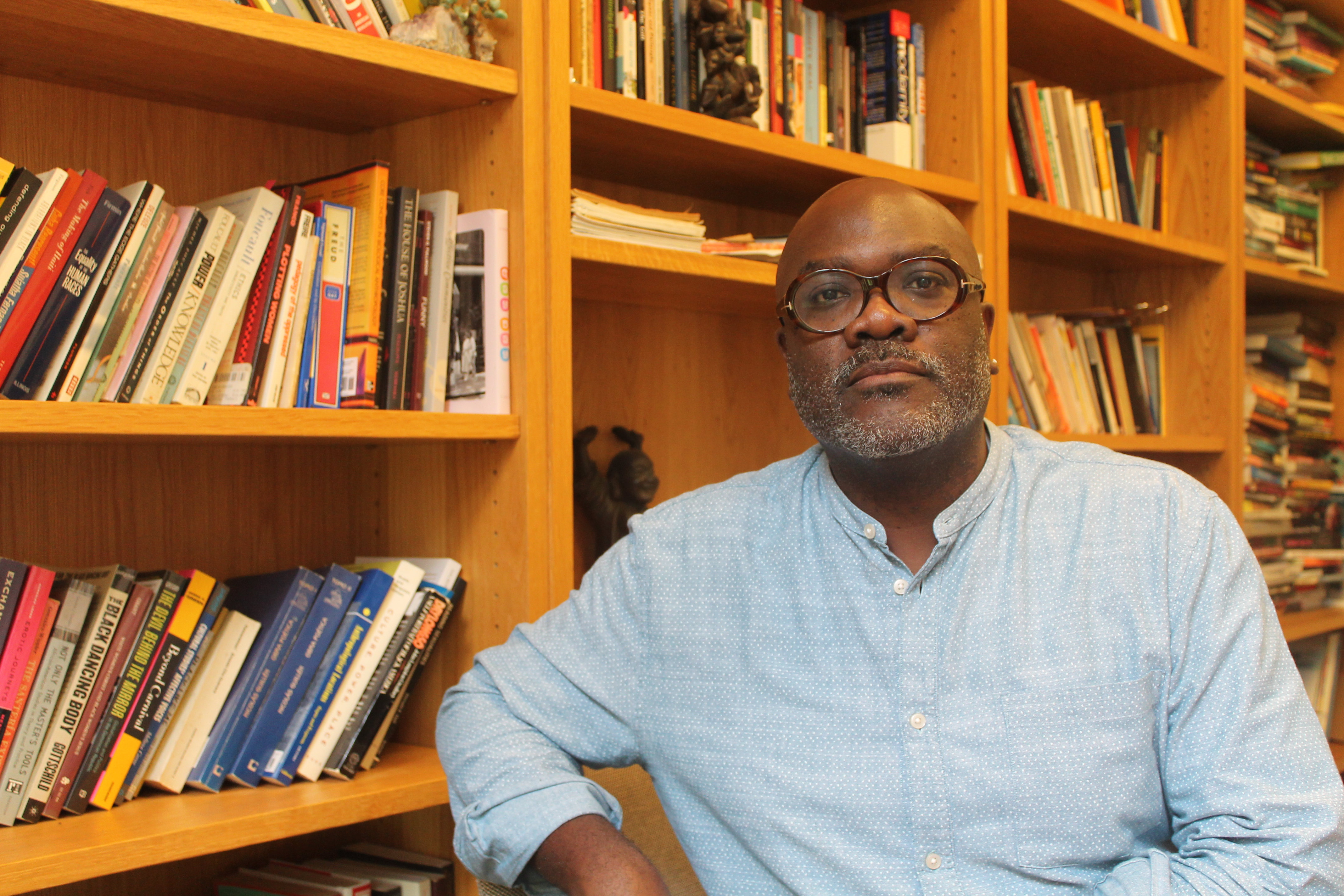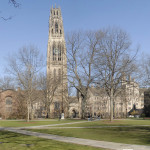by Arianna B. Neal
“This is not a trickle. This is a hemorrhage,” stated Professor Jafari Allen. Within his office, the floating scents of green mint tea and burning incense intermingled with the soft tones of classical piano and clinking glass dishes. He explained the crisis.
Over the past few months, three renowned faculty of color have announced their departures from Yale University’s already small African American Studies department. Among those departing is African American Studies and Anthropology Professor Jafari Allen.
What exactly is the reason behind this influx of departures? Some report that it is due, in part, to departmental issues with the award of tenure. Others argue that it is due to the attraction to more stable job security at competing institutions. Others attribute these departures simply to coincidence and personal choice.
Professor Allen begs to differ.
When asked about what progress Yale University has made on its journey towards becoming a more self aware and socially conscious environment, Professor Allen’s first response was that he is saddened by what he has seen.
“What I’ve seen in the last few years is a lack of commitment on the part of the upper administration…[and] by commitment I mean commitment to funding, [and] I mean commitment to sustained programming and not just Sex Week or Queer Week or hiring somebody who you expect to leave right away. I mean actual engagement with the work.”
While Professor Allen is making what may seem to be an overly serious indictment of Yale’s lack of commitment to diversity, there is a long history of faculty of color prematurely leaving Yale that supports his claim.
Professor Allen continues, “People think that there’s a problem around this most glittery jewel of Yale, … Elizabeth Alexander, leaving [and that that is] simply something that is inevitable. Vanessa and I leaving is just something that’s ‘oh that’s too bad but kind of accepted.”
Yet, he continued, this trend is limited to neither Elizabeth Alexander, nor the African American Studies department, nor the past few months. If one looks back only three years, one sees the departures of formerly tenured Kamari Clarke, Marcus Hunter, and Sean Brotherton, whom the upper administration “made no real attempt to keep.”
So, when Professor Allen came to Yale, he understood exactly where he was going: “one of the most ancient of the ancient eight and a place that was steeped in a particular tradition.”
He also came to understand that there were two Yales.
“One is Old Yale, and… that is lodged in… the most conservative of [traditional] disciplines [where] we could draw charts about … who and what is left out of [focus].”
Yet, Professor Allen continues, “There is another Yale, and that is a Yale of interdisciplinary work and of African-American Studies and Women’s, Gender, and Sexuality Studies, and Ethnicity, Race, and Migration, burgeoning indigenous studies and soon to be Asian and Asian American Studies, and these are places where if you were to draw a chart … you’d see… the site of what people call diversity.”
“New Yale is also about new ideas,” Professor Allen continues, “The commitment in those newer disciplines is about making an intervention. What I’ve seen over the last several years since my honeymoon phase is … a disdain for the people who are doing that work.”
And this new Yale is in danger of losing the faculty members that are its foundation.
So, what can we do?
“Organize, organize, organize,” Professor Allen said without hesitation. “Now that there’s this conversation about symbols, this is a good time, while people want to skirt around the edges of the real issues of white supremacy, that students demand and model talking about it forthrightly.”
Are we up to the challenge?



